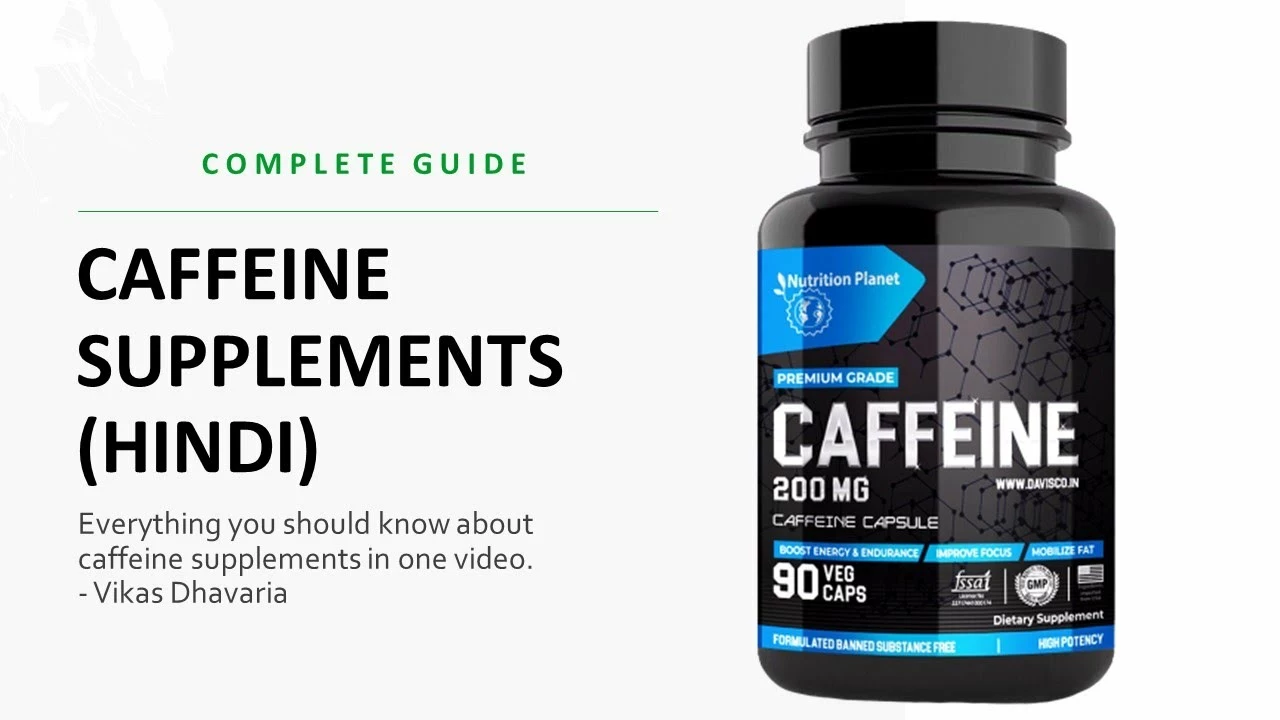Supplement information: how to pick safe supplements and avoid risks
Looking for clear, useful supplement information? You’re in the right place. Supplements can help, but they can also cause problems if you grab the wrong product, mix it with medicines, or use the wrong dose. Below are short, practical rules you can use right away when researching or buying supplements.
How to choose a supplement
Start with your goal: are you fixing a nutrient gap, easing pain, or supporting sleep? Pick products that match that goal and list a clear dose. Check the label for active ingredients, amount per serving, and the suggested daily dose. Avoid proprietary blends that hide ingredient amounts—those make it impossible to know what you’re actually taking.
Look for quality seals like USP, NSF, or ConsumerLab. Those don’t guarantee perfect products, but they mean a third party tested the bottle for what’s on the label and contaminants. Prefer brands that show a Certificate of Analysis (COA) on their site. If a seller won’t share lab results, think twice.
Safety: interactions, dosing, and vulnerable groups
Supplements can interact with prescription drugs. Common examples: St. John’s wort lowers levels of many meds, and some herbal blood thinners increase bleeding risk when taken with blood thinners. Before starting anything new, check interactions using a trusted drug-interaction tool or ask your pharmacist or doctor.
If you’re pregnant, breastfeeding, under 18, over 65, or have chronic illness, get professional advice before starting supplements. Some ingredients that look benign—like high-dose vitamin A or certain herbal extracts—can be harmful in pregnancy or with liver disease.
Stick to recommended doses. More is not always better. For vitamins and minerals, aim to meet but not hugely exceed the recommended dietary allowance unless a clinician advises otherwise. Watch for products with extremely high doses or multiple forms of the same nutrient (that adds up fast).
Check the source. Supplements from unknown online shops may be counterfeit or contaminated. Use reputable retailers and avoid products that promise miracle cures, rapid weight loss, or performance boosts with no risks.
Read consumer reviews carefully—look for consistent reports of side effects or fake claims. Use product return policies and contact seller support if the label or batch number looks off.
Want trusted reads? Our site collects practical articles on supplements and alternatives: from willow bark and DMSO to guidance on combining supplements with prescription drugs. Each post links to evidence and safety tips so you can make a smart choice.
If you have a specific condition or medication, use the search or tag filters to find related posts. And when in doubt: talk to a health professional, keep a list of everything you take, and report any side effects. Smart choices start with good information—use this tag as a quick guide to safer supplement use.

